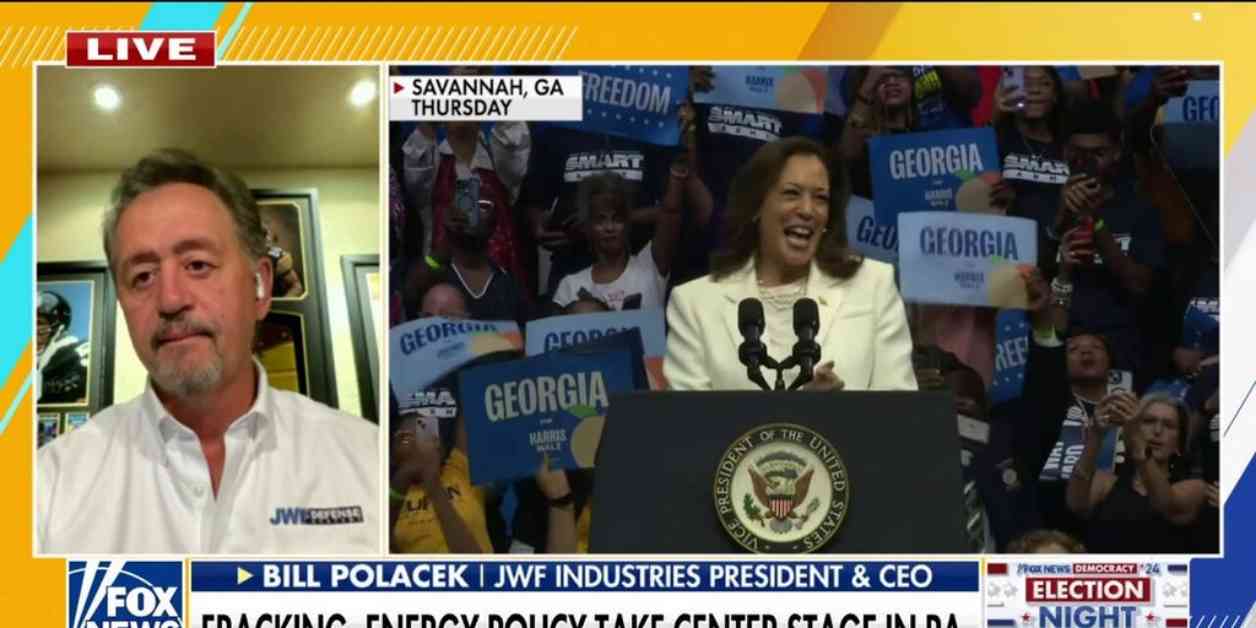Vice President Kamala Harris is under pressure from within her party to reconsider the Biden administration’s decision to pause liquified natural gas (LNG) exports. The concern is that this pause could have negative implications for the Democratic Party’s chances of winning the battleground state of Pennsylvania, known for its significant natural gas production.
Pennsylvania’s 19 electoral votes are crucial for presidential candidates, and the state’s status as a swing state with a strong fossil fuel industry adds complexity to the situation. The pause on LNG exports, implemented earlier this year by the Biden administration to assess environmental and economic impacts, is now being criticized by Democrats and industry leaders who fear the consequences.
Critics argue that depriving European buyers of U.S. LNG could lead to increased reliance on Russian gas or coal, impacting global relationships and energy leadership. Pennsylvania, the second-largest producer of natural gas in the U.S., heavily relies on the fossil fuel industry for jobs and economic contribution.
Democratic lawmakers from Pennsylvania, including Senators Bob Casey and John Fetterman, have expressed opposition to the LNG pause, as they recognize the industry’s importance to the state. On the other hand, Republican candidate Dave McCormick has criticized the incumbent Democrats for not protecting energy interests adequately.
A recent poll revealed that 85% of Pennsylvania voters want more information from both Harris and Trump regarding their energy policies. Despite calls to clarify her stance on the LNG pause, Harris has not provided a response, leaving many stakeholders concerned about the future of the industry.
Industry leaders emphasize the need for clear communication and action to support LNG production and infrastructure development. The uncertainty surrounding regulatory decisions has led to private investors backing out of projects, hindering the industry’s growth potential.
In conclusion, the debate over LNG exports in Pennsylvania highlights the intersection of energy policy, economic interests, and political dynamics. The upcoming election will likely be influenced by how candidates address these critical issues, making it essential for policymakers to consider the long-term implications of their decisions on the energy sector and the state’s economy.





















